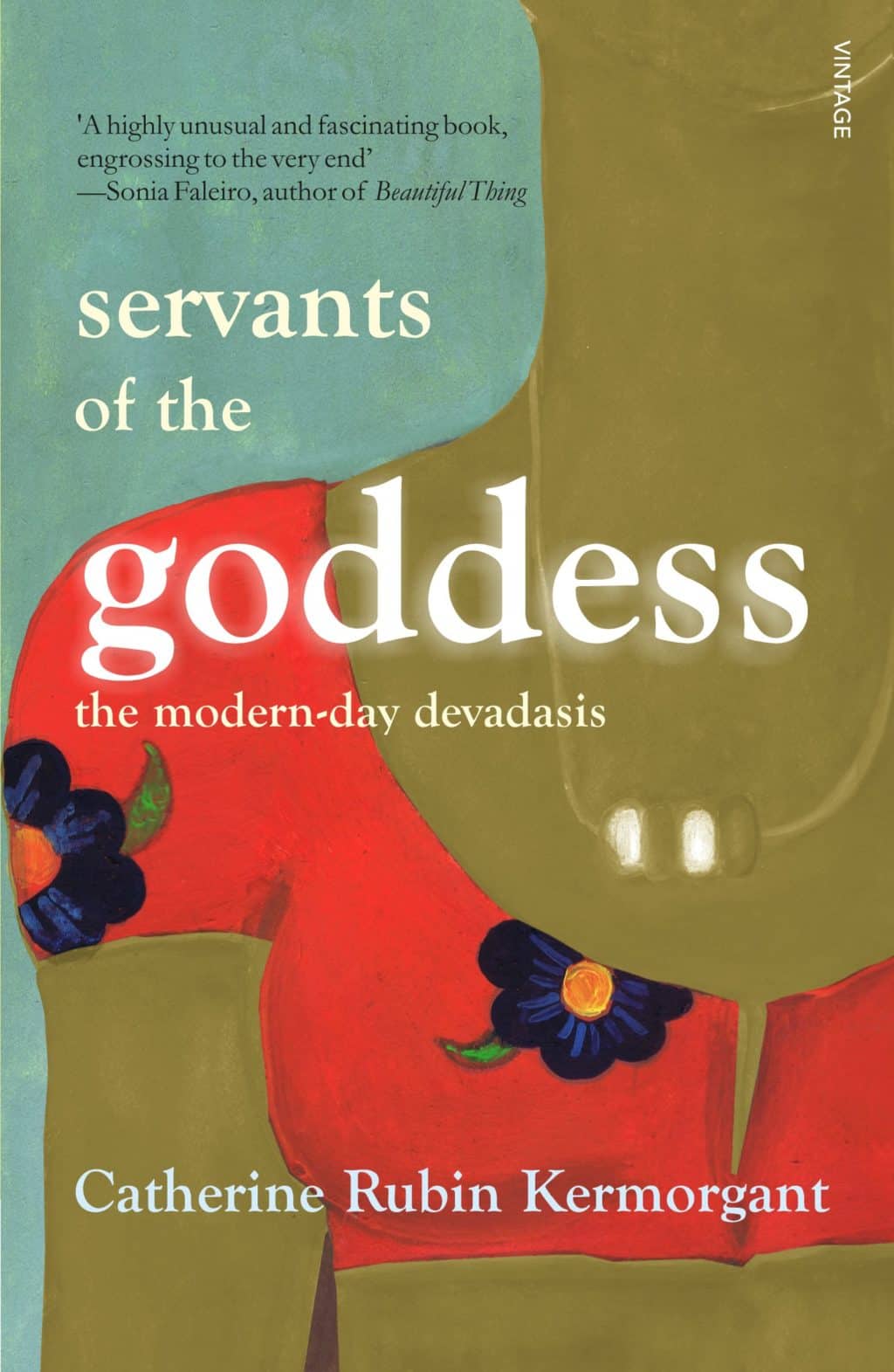RESEARCH: 4/5
WRITING STYLE: 4/5
ENTERTAINMENT QUOTIENT: 4/5
Wendy Doniger’s book ‘The Hindus: An Alternative History’ was recently recalled and pulped by Penguin India because it “hurt the feelings of the Hindus.”
More specifically, the connections between sex and religion were the main concerns the opponents had about “The Hindus”.
I am in the middle of reading it, and it sure is derogatory, but the fact is that Hinduism has had its share of strange and barbaric traditions, practices and customs – Jauhar, Sati, Human Sacrifices, Fire Walking, Self-flagellation, were practised for centuries, and some of them are still practised in many rural areas.
Another such brutal and centuries’ old tradition is the Devadasi system. Under this system, young girls are dedicated to temples and are bound to provide sexual services to male visitors of the temple.
Catherine Rubin’s book, Servants of the Goddess: The Modern-day Devadasis, attempts to throw light on the Devadasi system and its presence in modern-day India.
It comes as an answer to the banning of Doniger’s book and, in an indirect way, shows that sex and religion have co-existed in Hinduism for a long time.
Catherine first came across the Devadasi system while researching for a BBC documentary.
Appalled by its inhumanity, she decided to make a documentary on the Devadasis centred on a single question: “Is the Devadasi system a great Hindu tradition or the brutal exploitation of women?”
With a brilliant interpreter, Vani, she travels to Kalyana Village in Karnataka, a hotspot Devadasi cluster. She befriends the Devadasis there, stays with them for weeks, studies their culture and customs, and observes their day-to-day life.
Servants of the Goddess is a result of Catherine’s personal interaction with the Devadasis of Kalyana.
She gives a general idea about the life of a typical Devadasi; about how they are dedicated to the goddess Yellamma, how their virginity is sold to the highest bidder, how they are unable to find husbands and forced to seek refuge in Mumbai brothels, and how they are driven to dedicate their own daughters as Devadasis again, leading to a vicious circle.
[perfectpullquote align=”full” cite=”” link=”” color=”” class=”” size=””]“While they are despised as impure because of their sexual activity and their low birth, they are also considered highly auspicious. High-caste women, who generally refer to Devadasis with disdain and disgust, bend down and touch their feet during rituals in an extraordinary inversion of caste hierarchy. On one plane, Devadasis are reviled by society, and on another, they are revered as mediums of the goddess.”[/perfectpullquote]
Though Servants of the Goddess is a real-life narrative of the many Devadasis of Kalyana, it also touches upon the history behind the practice.
The many difficulties that a Devadasi has to go through, and the pitiful conditions they live in, is intensely narrated. Catherine’s sympathy towards the Devadasis and her unwavering zeal to bring a positive change in their lives is evident from her passionate narration of the events.
The BBC documentary which introduced Catherine to the Devadasis failed to see the light of the day but she was resolute in her decision to help these women and has worked extensively in conveying their plight to the world.
Fiction lovers have a hard time finding interesting non-fiction; Servants of the Goddess is one such non-fiction book which will appeal to both fiction lovers and non-fiction lovers.
NOTE: The website http://www.servantsofthegoddess.com/ has photographs of many of the Devadasis mentioned in the book and is worth visiting while reading the book.
